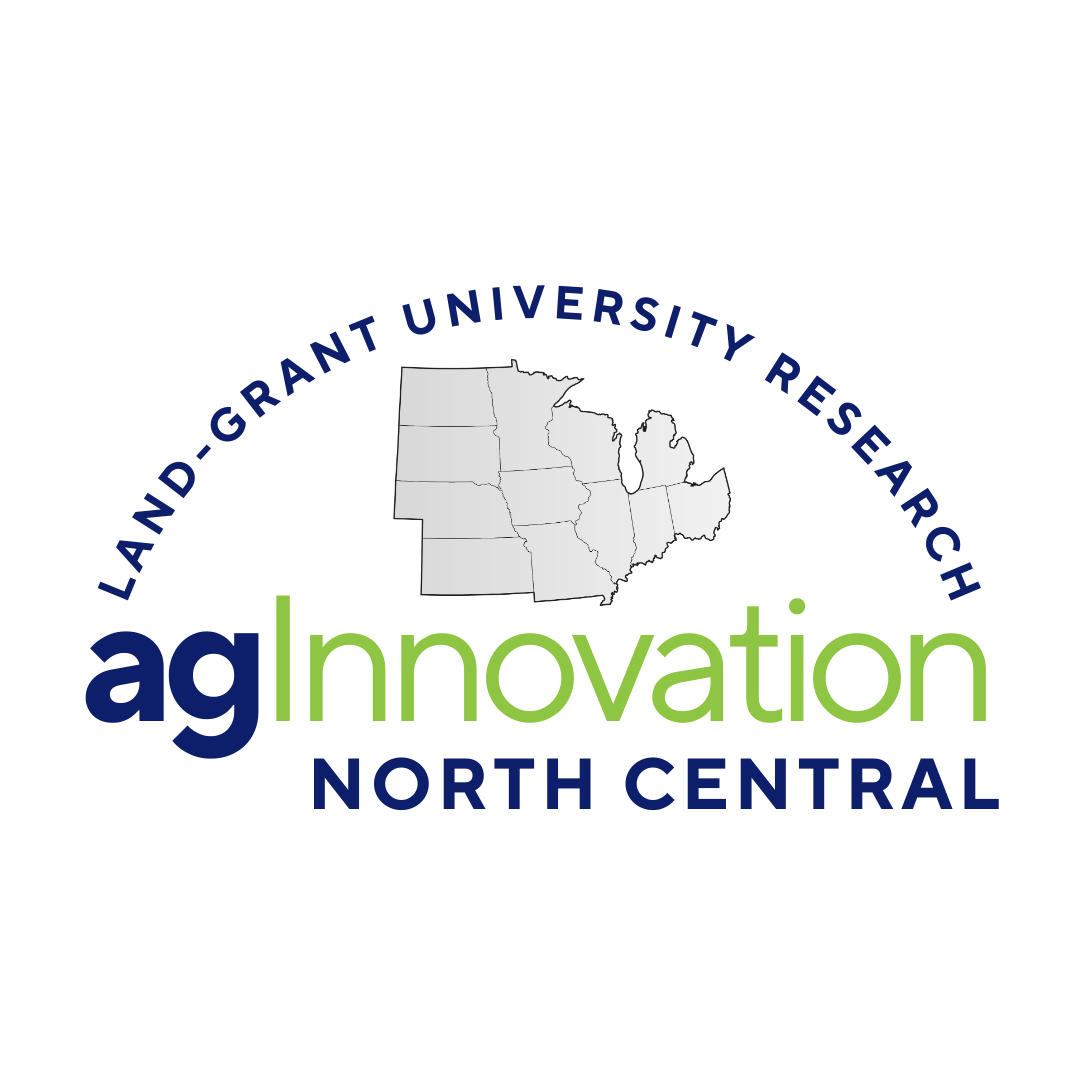
NCT196: Forage Protein Characterization and Utilization for Cattle
(Multistate Research Coordinating Committee and Information Exchange Group)
Status: Inactive/Terminating
NCT196: Forage Protein Characterization and Utilization for Cattle
Duration: 10/01/2003 to 09/30/2004
Administrative Advisor(s):
NIFA Reps:
Non-Technical Summary
Statement of Issues and Justification
The NC-189 (Forage Protein Characterization and Utilization for Cattle) Multistate Project is scheduled to terminate in September 2003. The project has been in existence for greater than 15 years and the committee has decided that it is time to reflect on past accomplishments, assess the current situation through an NCT committee, and regroup under the auspices of a new multistate project. We request authorization to create an NCT committee to determine whether a new multistate committee should be created to study factors that influence efficiency of nitrogen use in forage-based, ruminant production systems. Such a new committee/project will make contributions to several areas identified as objectives within the NCRA "Crosscutting Research Areas" (NCRA Regional Manual, accessed at http://www.wisc.edu/ncra/regionalmanualintro.htm). Perhaps most pertinent to this committee are priority research objectives in the area of Agricultural Production, Processing and Distribution: 1) Develop improved animal, plant and microbial production, processing and marketing systems that are competitive, profitable and environmentally sound over the long term; and 2) Develop alternative systems for storage, processing and application of waste products to the land so as to efficiently preserve and utilize nutrients; and, in the area of Natural Resources and the Environment: 1) Assess the relationship of agricultural/forestry practices (primary production) upon soil and water systems and biodiversity; and 2) Develop remediation systems to reduce agricultural, non-agricultural and chemical waste contamination of soil, water and air. Nitrogen inputs into agricultural systems will continue to grow to support increased demand for dietary protein from a growing global population. Historically, increased N inputs have resulted in increased N losses into surface and groundwater resources, atmospheric emissions, and livestock excretion of N compounds. Ruminant livestock production is an important means of converting our massive global lignocellulosic resources into high-quality products for human consumption. Such production systems are extremely diverse, ranging from very extensive systems which require large land bases, and minimal use of soil amendments, to very intensive systems on smaller acreages, which depend on N fertilization to support economically competitive levels of production. Thus, problems to be addressed within such systems are also diverse, dealing with balancing plant and animal productivity with environmental health in systems in which N inputs are minimal to optimizing nitrogen use efficiency within systems which historically have required large inputs of N. The wide array of issues associated with nitrogen use in agricultural systems requires a multidisciplinary effort. We believe the NC-189 committee is uniquely poised to address critical issues associated with N utilization in forage-based ruminant production systems. Our membership includes representation from states with huge diversity in forage resources, and forage-based livestock production systems. These vary from the arid, range-based beef cattle production systems of the high plains, to the intensive, dairy-based operations of the upper Midwest. Furthermore, we have an existing team with expertise in both plant and animal nitrogen utilization and have already identified individuals with expertise in soil nutrient management, animal manure application, water quality, sustainable forage systems, biodiversity, N cycling in natural and managed ecosystems, and livestock grazing systems to further expand our multidisciplinary approach. Additionally, the NC-189 group has been responsible for substantial advances in the understanding of forage protein utilization by ruminant animals. This is perhaps best exemplified by the adoption of approaches developed by this committee in current NRC models for predicting protein supply for beef (NRC, 1996) and dairy (NRC, 2001) cattle. If approved, the goal of our NCT committee will be to identify additional interested participants, develop a plan of multidisciplinary and multistate research that all participants can buy into, identify funding sources (including USDA-SARE, USDA-NRI, industry, and regional research funds) to accomplish the work, and to submit a proposal for a new multistate project. We have already initiated discussions to focus our objectives, and plan to more fully develop our plan through e-mail exchanges and one or two meetings. Creation of an NCT committee will facilitate our efforts through travel support for meeting participants.�
Objectives
-
Agricultural Production, Processing and Distribution:
- Develop improved animal, plant and microbial production, processing and marketing systems thatare competitive, profitable and environmentally sound over the long term; and
- Develop alternative systems for storage, processing and application of waste products to the land so as toefficiently preserve and utilize nutrients
-
Natural Resources and the Environment:
- Assess the relationship of agricultural/forestry practices (primary production)upon soil and water systems and biodiversity; and
- Develop remediation systems to reduceagricultural, non-agricultural and chemical waste contamination of soil, water and air.
-
�